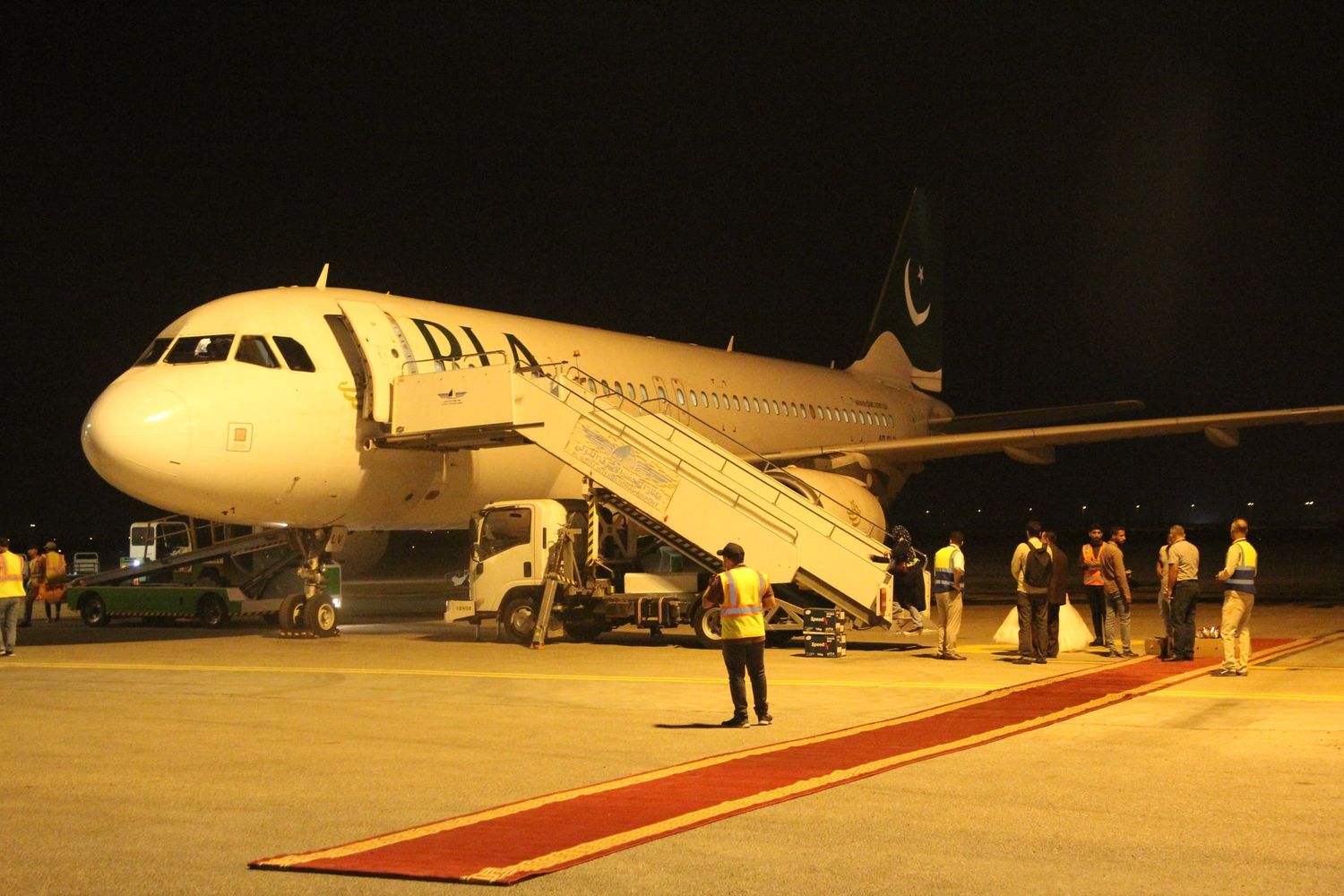Pakistan International Airlines Privatization: Financial Auction for 60% Stake Set for October 1
The government of Pakistan shared the final draft of the bidding documents for the privatization of Pakistan International Airlines (PIA) with six pre-selected bidders, according to a senior official from the Privatization Commission to the country’s newspaper The News International. The document is scheduled to be signed today, Wednesday, as part of the process that will culminate in the sale of a 60% stake in the airline on October 1.
The Secretary of the Privatization Commission, Usman Bajwa, explained to a parliamentary committee that the final draft was uploaded to a virtual data room on September 18. The pre-selected bidders have been reviewing these documents, and it is expected that they will make a deposit of earnest money by September 27.
Bajwa indicated that the financial auction will take place on October 1 and will be live-streamed to ensure transparency. He also noted that PIA, currently with a fleet of 21 aircraft, could increase its fleet to between 40 and 45 aircraft within three to five years, as part of the expected commitments from future investors.
PIA’s fleet currently consists of 13 Airbus A320, 2 Boeing 777-300ER, 2 Boeing 777-200ER, one Boeing 777-200LR, and 3 ATR 42-500. They also have 2 ATR 72-500 stored. The average age of the fleet is 15.6 years.
See also: IATA urges Pakistan and Bangladesh to release over $720 million held from airlines
Concerns over investment and routes
Despite the progress in the privatization process, some committee members expressed concerns about the lack of information shared with parliament, as well as the apparent reluctance of investors to commit between 500 and 700 million dollars.
Bajwa assured that the key international routes of PIA, such as those connecting with Saudi Arabia, Paris, and Canada, cannot be discontinued without government approval. He also mentioned that steps are being taken to lift the ban on the airline’s most profitable routes in Europe, a move that could materialize before the end of the year.
Meanwhile, PIA CEO Amir Hayat highlighted that the airline has completed its audit and that the European Union Aviation Safety Agency (EASA) could lift the existing ban in the coming months.
PIA’s international network is primarily centered around the Arabian Peninsula, with flights to Muscat (Oman), Dubai (UAE), Sharjah (UAE), Abu Dhabi (UAE), Al-Ain (UAE), Doha (Qatar), Bahrain, Dammam (Saudi Arabia), Kuwait, Riyadh (Saudi Arabia), Gassim-Gassim (Saudi Arabia), Medina (Saudi Arabia), Jeddah (Saudi Arabia), and Al Najaf (Iraq). It also flies to Kuala Lumpur (Malaysia), Beijing (China), Istanbul (Turkey), and Toronto (Canada). Domestically, it operates in 13 Pakistani cities.
In 2020, the company was embroiled in controversy when it was discovered that over a quarter of its pilots had obtained their licenses fraudulently. Shortly afterward, the United States, the United Kingdom, and the European Union banned its operations.
Employee protection and the future of the airline
Employee retention was another key issue in the discussion. It was guaranteed that PIA employees would retain their positions for at least two to three years, along with their benefits, including pension rights. For the 7,360 current employees, 35 billion rupees have been allocated, while pensions for the 16,000 retirees will be covered by the government.
The committee urged the commission to consider extending the employee retention period and increasing wages, which, according to the committee’s chairman, have lagged behind other sectors.
The privatization of PIA is part of a broader set of structural reforms driven by the Pakistani government as part of the commitments made under its assistance program with the International Monetary Fund (IMF).
Turkish Airlines, not interested in PIA
After Pakistani government officials suggested that Turkish Airlines was negotiating the acquisition of Pakistan International Airlines, a spokesperson for the company denied this information to the newspaper «Pakistan Today,» categorically rejecting the existence of meetings or initiatives to complete the operation.



Comentarios
Para comentar, debés estar registrado
Por favor, iniciá sesión